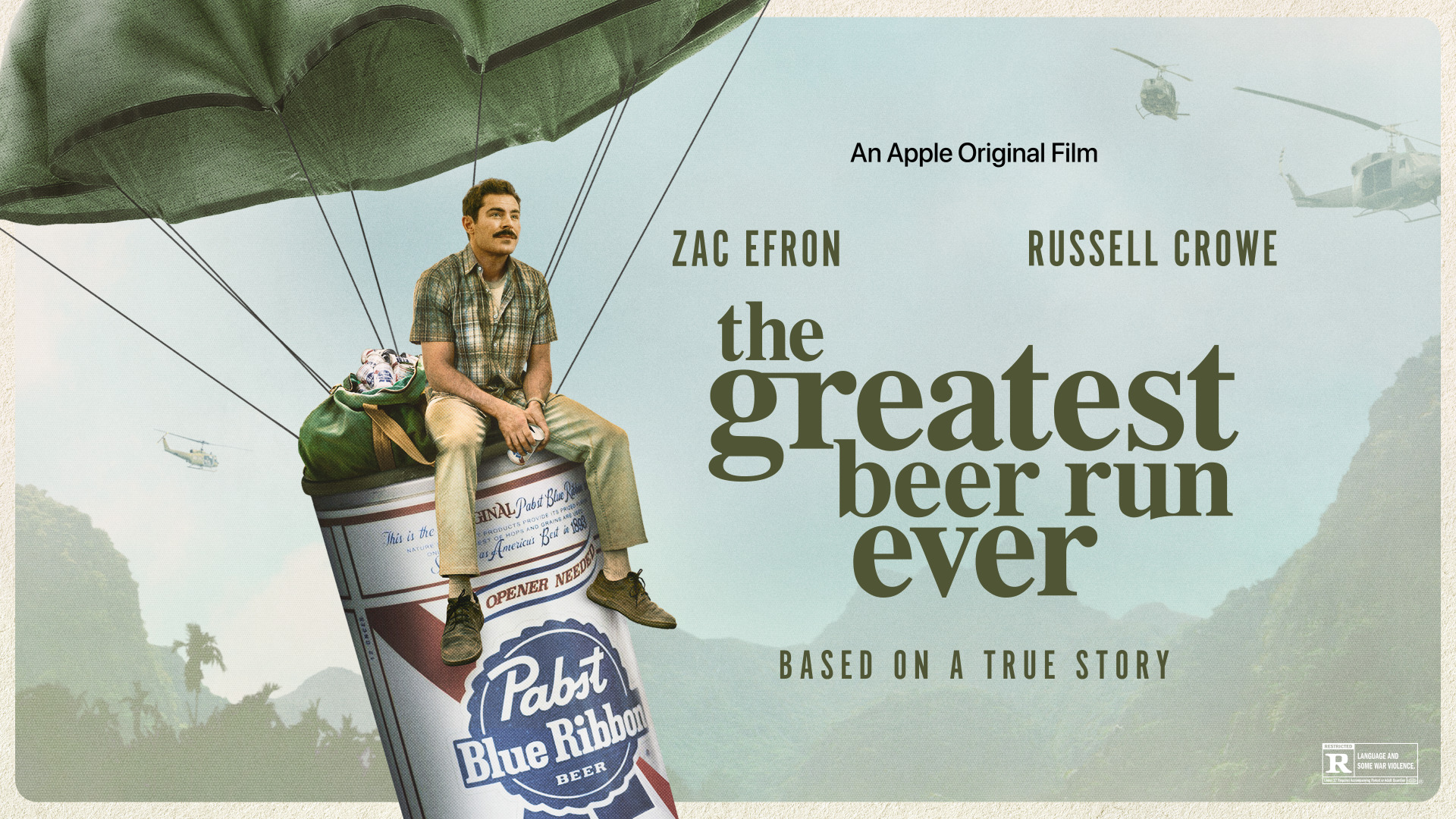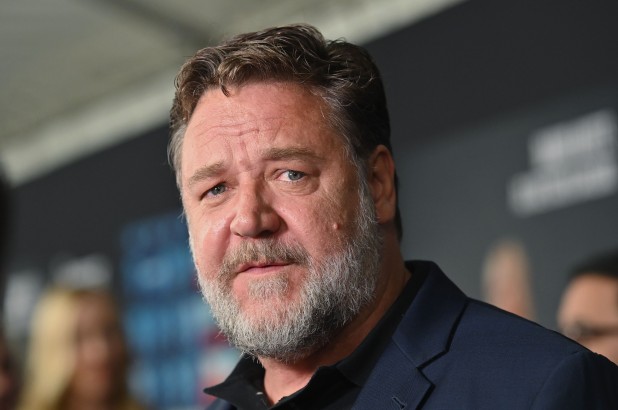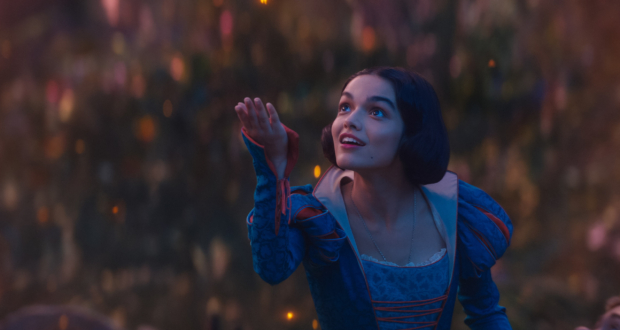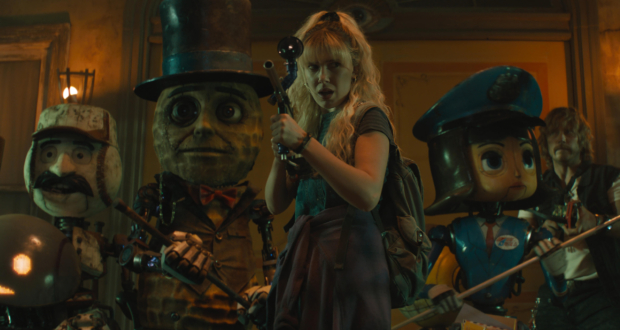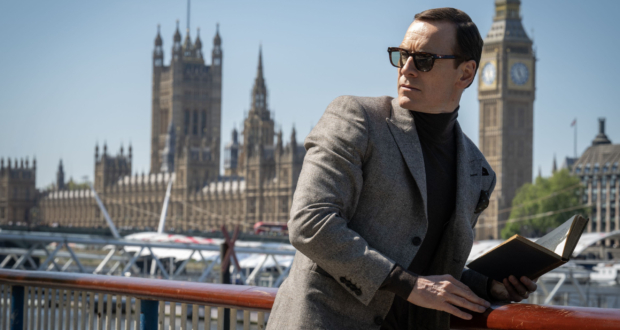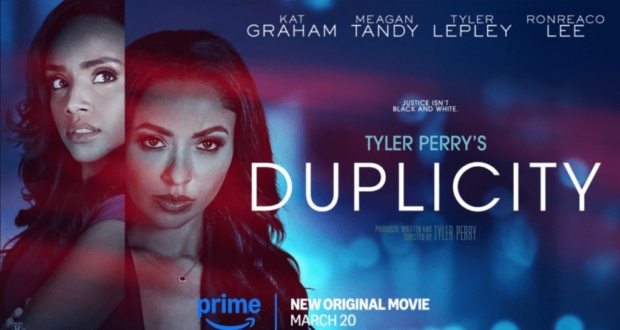With the release of Sleeping Dogs, it’s getting to the point where I’m honestly a little convinced that the once-legendary actor Russell Crowe simply doesn’t care about his career anymore and, instead of seeking out a great project worthy of his name and talents, will choose any action script that lands on his desk that’s willing to offer him a decent enough paycheque.
Sleeping Dogs sets itself up to tackle a plethora of enticing elements – a psychological twist with its roots in the decaying mind of its protagonist, the allure of a long-unsolved mystery, and a stellar cast led by Crowe and the versatile Karen Gillan. Adapted from E.O. Chirovici’s novel The Book of Mirrors, screenwriters Adam Cooper and Bill Collage aim to weave a tale rich with intrigue and complexity. Under the helm of Adam Cooper, in his feature-length directorial debut, the film aspires to blend the shadows of memory with the stark light of truth. However, despite these promising ingredients, Sleeping Dogs unfortunately limps more than it leaps, falling short in both its narrative execution and its ability to engage with viewers fully. It’s a movie that you may end up sleeping while watching.
The film centers on Roy Freeman (Russell Crowe), a retired homicide detective grappling with Alzheimer’s, who finds himself tethered back to an unsolved case from his past. The murder of a college professor, Dr. Joseph Wieder (Marton Csokas), comes roaring back into the present day when a mysterious woman, Laura Baines (Karen Gillan), provides new information that could potentially crack the case wide open. It’s a premise that brims with potential, blending elements of crime, mystery, and the profound personal struggle of its main character. Yet, the journey from premise to execution is where Sleeping Dogs begins to falter.
Firstly, the film suffers from pacing issues that cannot be ignored. The slow burn approach, while effective in building suspense in many thrillers, here feels more like an indecisive crawl. Key revelations and plot twists that are intended to shock and awe often arrive with a sense of predictability, robbing them of their impact. The narrative attempts to navigate the complex maze of Freeman’s deteriorating memory, but instead of presenting these as cleverly devised breadcrumbs leading to an unforgettable resolution, they come across as disjointed and sometimes irrelevant tangents, muddling the central mystery rather than enriching it.
The screenplay, though ambitious, is where the film’s most significant weaknesses lie. Cooper and Collage attempt to thread multiple storylines and timelines. It’s a task that requires a delicate balance to maintain coherence and emotional weight. Unfortunately, Sleeping Dogs struggles to maintain this balance. This leads to moments where the emotional depth feels forced or entirely absent. This is particularly noticable in the development of relationships and character motives. The dialogue lacks subtlety and fails to elevate intrigue or investment in the characters.
However, not all is lost within the dimly lit corridors of Sleeping Dogs. Russell Crowe’s portrayal of Roy Freeman is decent even if his script choices are questionable. Karen Gillan as Laura Baines brings a level of mystery and intensity that keeps the narrative somewhat engaging. The supporting performances from Marton Csokas, Tommy Flanagan, and Harry Greenwood add layers to the story. However they fall victim to the script’s limitations, unable to showcase their range or delve deeper into their characters’ psyche.
From a technical standpoint, the film offers glimpses of brilliance. Cinematographer Ben Nott harnesses the use of lighting and shadow to reflect Freeman’s fluctuating clarity. This creates moments of visual poetry that stand out among the narrative’s uneven terrain. Yet, these moments feel sparse and insufficient to salvage the film’s overall tone. It struggles to find a consistent rhythm between its thriller elements and the introspective journey of its protagonist.
Overall:
Director Adam Cooper’s ambition is evident. Plus, his vision for a story that intertwines the fragility of memory with the pursuit of justice is commendable. Nevertheless, the execution leaves much to be desired. Sleeping Dogs feels like a missed opportunity to explore its themes with the depth and sophistication they deserve. The film fails to bind its complex elements, resulting in a forgettable experience.
Sleeping Dogs could have been a profound psychological crime thriller, a memorable journey through the interplay of memory and morality. However, despite commendable performances from its cast and moments of cinematic beauty, it struggles under the weight of its ambition. The film’s pacing, narrative coherence, and emotional resonance compromise its quality. Ultimately, this renders what could have been a gripping exploration of human fragility into a tepid, occasionally confusing narrative labyrinth. A talented cast and compelling premise require a skilled director and a strong script. Sadly, this movie doesn’t boast those two elements.
Sleeping Dogs Review: Is Russell Crowe Still Trying?
-
Acting - 6/10
6/10
-
Cinematography/Visual Effects - 5.5/10
5.5/10
-
Plot/Screenplay - 4/10
4/10
-
Setting/Theme - 5/10
5/10
-
Watchability - 4/10
4/10
-
Rewatchability - 2/10
2/10



